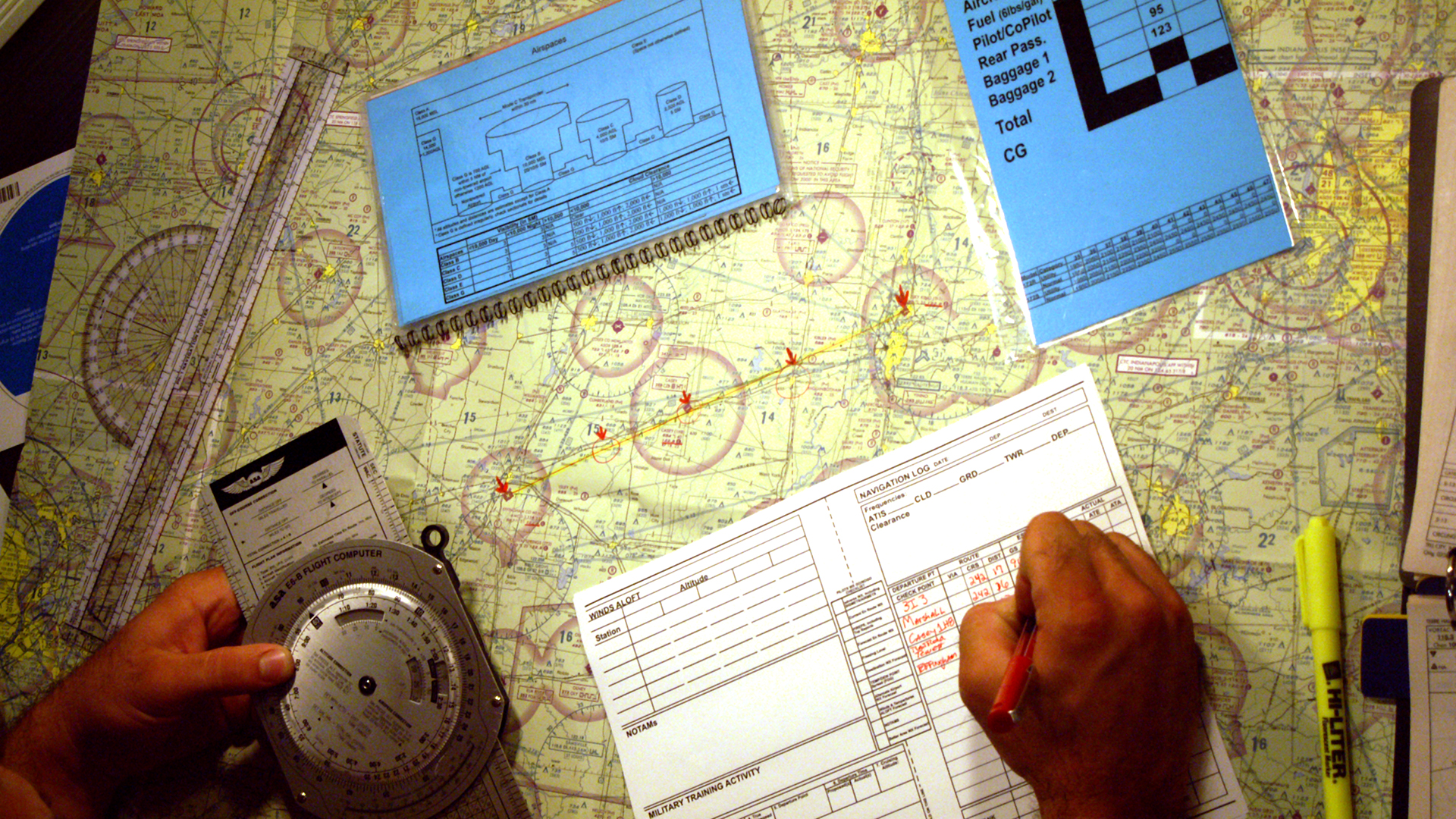The Long List of Essential Skills
It’s a set of questions I get asked all too often. “What are the essential skills that someone needs to have to support change?” This is almost always followed with, “Where can they go to get them?” I’ll quickly acknowledge that I have an answer to this in the form of The Confident Change Management course and delve more broadly into why my answer may or may not be right, and why it is so difficult for anyone to answer.
Certification
Before I can explain the skills someone needs, I must also address the challenge that exists when there are certifications in the market. A certification is supposed to simply say that someone has met a standard. However, the question becomes what standard? In the case of the CCMP, it’s “The Standard” as defined by ACMP; but in other markets, it is different things.
The next question is whether the standard is relevant to the job performance. In the 1990s, Novell and Microsoft were criticized for having “paper” CNEs and MCSEs, respectively. (I’ve intentionally not expanded the acronyms because they don’t matter.) Bootcamps had formed, and people were walking in with no experience and walking out with a certification. These bootcamps were teaching for the test but not for the knowledge that someone needed to be effective at their job. The result was that the market decided you had to have the certification and experience.
Embedded into this is the problem that hiring managers must be able to use the certification as an indicator that you’ll be able to do the job, task, or role they want to hire you for. When there’s no match between the skills and the job, the certification has no value.
Selecting the Skills
“The Standard” for change management isn’t about skills at all. It’s about inputs, outputs, and processes. So, any discussion of selecting skills isn’t informed by looking to ACMP’s “The Standard.” Frustratingly, CMI’s Body of Knowledge has devolved into a single-vendor training program and a book that no longer holds the body of knowledge moniker. (The book is The Effective Change Manager: The Change Management Body of Knowledge.) The problem is that this book doesn’t define a set of essential skills for the new practitioner, it defines a semi-exhaustive list of things that might be useful to a change practitioner.
We’re left, then, on our own to identify what skills are essential for a beginning change manager to know to be successful. They can’t know or learn everything all at once. At the same time, they need to know enough to be successful with a moderately complex project or as a part of a larger project with a more experienced lead.
Candidate Skills
In the development of The Confident Change Management course, I found several broad skills that I felt were important. Things like communications planning and execution, the fundamentals of project management, familiarity with a few change management models, and stakeholder management or engagement.
This was a good start but, without defining specific skills and techniques that could be used, there would be no value. As a result, I pushed deeper to convert the broad skills like communication execution into specific things, like writing inverted pyramid, leveraging Joseph Campbell’s hero’s journey, and writing teasers as key things that I felt like everyone working in change should know. By identifying specific, measurable techniques, I could teach people the basics of change management without having to worry about being exhaustive.
I don’t believe that I got the skills set exactly right for everything – but at the same time, I think it’s close. Maybe you can let me know what you think the syllabus is missing, and we can work together to identify all the skills necessary for someone who is just starting as a change manager.

